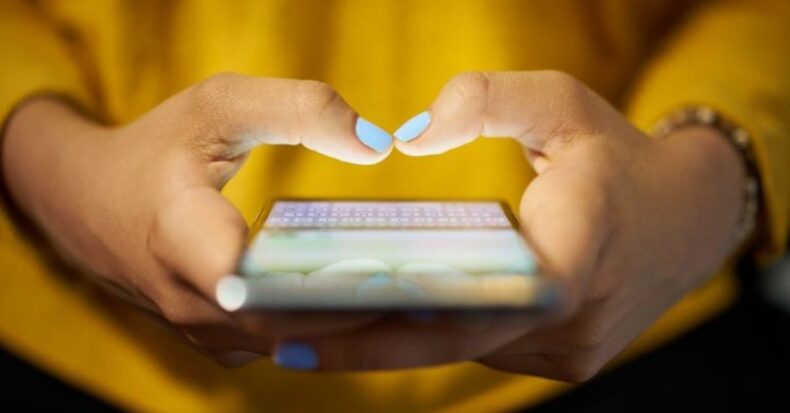Worldwide research says that mental health has declined since the beginning of excessive usage of social media.
Human beings are social creatures. In today’s time, lockdown or work from home (WFH) provides people more downtime together.
They are discovering the joy of sitting back and watching a movie or binge-watching shows or connecting with extended family or friends and total strangers on social media like Facebook, Twitter, Snap chat, Instagram , etc., from the comforts of their home and away from the negativity outside the four walls.
But unfortunately, they can’t understand that mindlessly scrolling social media cannot ease their stress, anxiety, and depression. They don’t realize that it can’t be the replacement of a real human connection.
A human soul needs companionship, relationships, happiness, and this social media life can never create that.
POSITIVE IMPACT OF SOCIAL MEDIA
On a global scale, social media can be a medium to gather information, share ideas and reach out to others who are facing similar challenges.
It might not have the same psychological benefits as face-to-face contact, but it still has some positive side that can help stay connected and support well-being.
Social Media helps to:
- Stay connected with family members and friends.
- Find new friends from different communities and different cultures.
- Discover sources of valuable information
- Find a medium to showcase the creativity and self-expression
- Promote and raise awareness on important issues
NEGATIVE IMPACT OF SOCIAL MEDIA
Social media has brought the world closer to everyone and made it easier to communicate; however, excessive social media usage has also paved the way for different mental health concerns.
Social Media promotes negative experiences as well, such as:
- Self-doubt: Even if you know the images you are looking at are manipulated, you still make yourself insecure about your appearance.
- Fear of missing out (FOMO): It makes you feel that many people have more fun and live a better life than you.
- Isolation: A study says that high usage of Facebook, Snap chat, and Instagram decreases feelings of loneliness and makes you feel isolated, and improves your overall well-being.
- Depression and anxiety: Human beings need face to face to be mentally healthy. The more you prioritize social media, the more you are at risk of having anxiety and depression.
WHAT’S DRIVING YOUR SOCIAL MEDIA USE?
These days, social media are easy to access via smartphones or tablets. This round-the-clock hyper-connectivity triggers impulse control problem, disturbs sleep, and in the end, makes you a slave to your phone.
Social media platforms are designed to seek your attention, keep you online, and make you addicted to your screen.
SIGNS THAT SOCIAL MEDIA IS IMPACTING ON MENTAL HEALTH
Social Media is adversely affecting mental health include:
- Spending more time on social media rather than with real friends
- Comparing yourself unfavourably with others
- Being affected by cyber bullying
- Being distracted at studies or work
- Suffering from sleep problems
- Symptoms of anxiety and depression
IMPACT OF SOCIAL MEDIA ON MENTAL HEALTH
According to World Health Organization, the mental health problem is rising, and around 20% of children and adolescents live with the mental health condition.
During the pandemic, Centres for Disease Control and Prevention published a survey where,
- 31% of people having anxiety or depression
- 13% of people having a substance use
- 26% experiencing stress-related issues
- 11% of people having suicidal thoughts
HOW TO TAKE CARE OF YOURSELF
In recent times living without social media has been challenging but not impossible. There are numerous ways to live a better life with or without social media. For example:
- Look for new hobbies that do not involve screen time and keep nurturing that.
- Practise meditation
- Seek professional help because taking help at the right time can lead you to have a better life.













